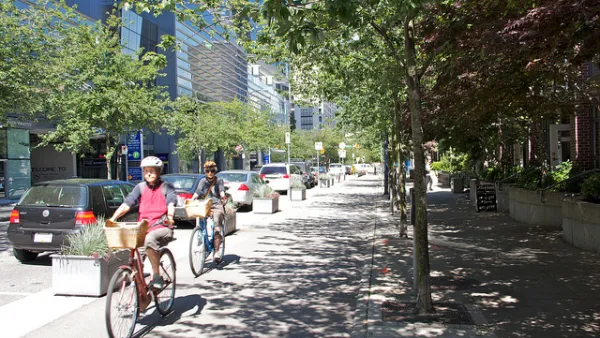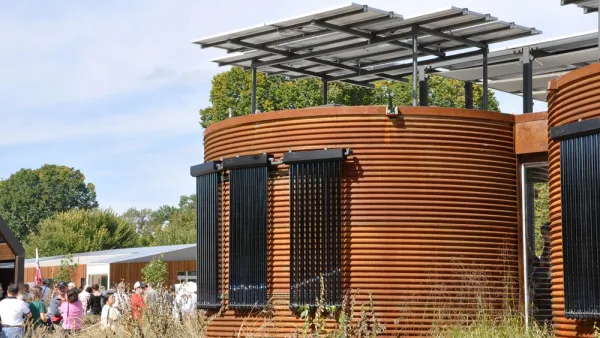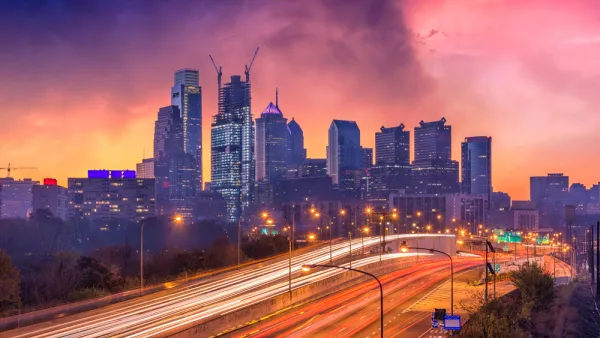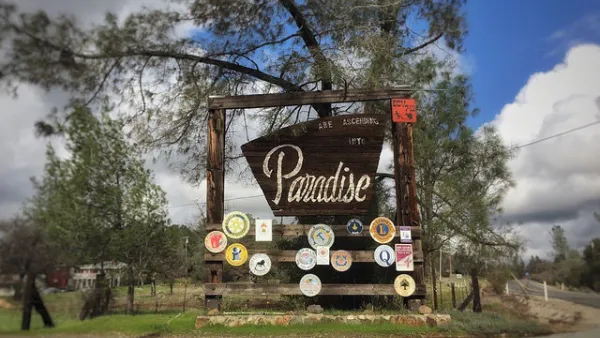Irvin Dawid discovered Planetizen when a classmate in an urban planning lab at San Jose State University shared it with him in 2003. When he left San Jose State that year, he took with him an interest in Planetizen, if not the master's degree in urban & regional planning.
As a long-time environmental activist, he formed the Sustainable Land Use committee for his local Sierra Club chapter and served six years on the Bay Area Air Quality Management District’s Advisory Council from 2002-2008. He maintains his interest in air quality by representing Sierra Club California on the Clean Air Dialogue, a working group of the Calif. Environmental Dialog representing business, regulatory and public health/environmental interests.
Major interests include transportation funding, e.g., gas taxes, vehicle miles traveled (VMT) fees, road tolls and energy subsidies that lead to unlevel playing fields for more sustainable choices.
He hails from Queens (Bayside) and Long Island (Great Neck); received an AAS in Fisheries & Wildlife Technology from SUNY Cobleskill and a B.S. from what is now Excelsior College.
After residing for three years on California’s North Coast, he’s lived on the San Francisco Peninsula since 1983, including 24 years in Palo Alto. Home is now near downtown Burlingame, a short bike-ride to the Caltrain station.
He’s been car-free since driving his 1972 Dodge Tradesman maxi-van, his means to exit Long Island in 1979, to the junkyard in 1988.
Major forms of transportation: A 1991 'citybike' and monthly Caltrain pass, zone 2-2. "It's no LIRR, but it may be the most bike friendly train in America."
Irvin can be reached at [email protected]

British Columbia's Climate Plan Bans Sales of Gas and Diesel Passenger Vehicles by 2040
Ten years ago, British Columbia launched North America's first carbon tax. This month, Premier John Horgan unveiled the long awaited climate plan, CleanBC, that aims to reduce greenhouse gas emissions 40 percent below 2007 levels by 2030.

District of Columbia to Adopt the Nation's Strongest Renewable Energy Target
Move over, Hawaii and California, with your ambitious goals of going to 100 percent renewable electricity generation by 2045. The District's city council passed legislation on Tuesday that sets 2032 as the target to reach 100 percent renewable.

An East Coast Cap-and-Invest Approach to Reducing Transportation Emissions
Nine Mid-Atlantic and Northeast states and the District of Columbia have agreed to work together to develop a policy to price emissions from transportation, set a 'cap' on them, and invest the revenues in low carbon transportation solutions.

Rebuilding Paradise: Time to Consider Sewers
Paradise is the largest incorporated city west of the Mississippi River lacking a public sewer system. The town of of 27,000 relies on septic systems, now potentially damaged. Without sewers, multi-family housing construction becomes more difficult.

A Vision for the Future of Transportation in Massachusetts
A long awaited report on the future of transportation in the Bay State was released last Friday. Among the recommendations: a phaseout on the sales of gas and diesel powered light duty vehicles and allowing cities to enact cordon congestion pricing.

























